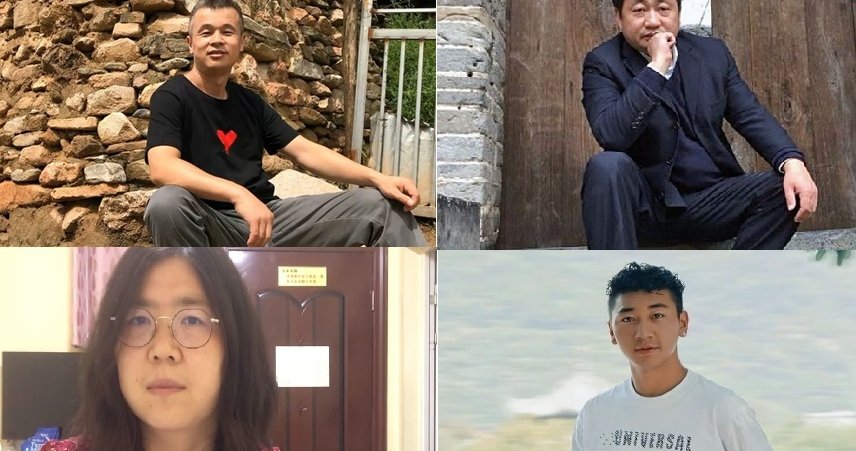Copyright civicus

A journalist jailed for four years after documenting the early phases of the COVID-19 outbreak from the pandemic’s epicenter was sentenced on 19th September 2025 to four more years in prison. Zhang Zhan, 42, was sentenced on a charge of “picking quarrels and provoking trouble”, the same charge that led to her December 2020 imprisonment after she posted first-hand accounts from the central city of Wuhan on the early spread of coronavirus. RSF Asia-Pacific advocacy manager Aleksandra Bielakowska said: “She should be celebrated globally as an ‘information hero’, not trapped in brutal prison conditions. Her ordeal and persecution must end. It is more urgent than ever for the international diplomatic community to pressure Beijing for her immediate release.” Zhang was initially arrested after months of posting accounts, including videos, from crowded hospitals and empty streets that painted a more dire early picture of the disease than the official narrative As previously documented, Zhang Zhan has been vocal against human rights violations and suppression of dissent in China. In February 2020, Zhang Zhan visited Wuhan city in Hubei province of China to report on the COVID-19 outbreak from the ground. She went missing in Wuhan in May 2020. It later emerged that she had been taken by the Chinese authorities and detained in Shanghai. In December 2020, a court convicted her of “picking quarrels and provoking trouble” after a sham trial and sentenced her to four years in prison. Zhang was released in May 2024 and detained again three months later, eventually being formally arrested and placed in Shanghai’s Pudong Detention Center Draft cybersecurity law amendment doubles down on digital repression In June 2025, ARTICLE 19 said that plans to deliberate draft amendments to the 2017 Cybersecurity Law proposed by the Cyberspace Administration of China (CAC) doubles down on China’s repressive digital norms, further illustrating the human rights concerns inherent in China’s model of cybersecurity governance. The 2017 Cybersecurity Law has been foundational to much of China’s digital governance model and has influenced similarly repressive laws in other countries. The law establishes provisions on data localisation, real-name identity verification, tight monitoring and censorship, and network shutdowns, while simultaneously weakening cybersecurity. According to ARTICLE 19, the most concerning changes proposed by the amendment involve significant increases in penalties, including greater liability for management personnel, and the reinforcement of censorship and surveillance as core elements of cybersecurity governance. New internet ID system a threat to online expression Chinese Human Rights Defenders (CHRD) and ARTICLE 19 said that a new government Internet identification requirement will further constrict online anonymity. The new mechanism, developed by the Ministry of Public Security (MPS) and Cyberspace Administration of China (CAC), went into full effect on 15th July 2025. This policy requires internet users to register through the National Online Identity Authentication App, developed by the MPS, using their national identification card and facial recognition. Upon registration, users receive a “web number” and “web certificate”, enabling them to access various public services and popular applications without repeatedly entering login credentials. Real-name identity verification is already required for multiple web-based services — from social media, sim card to domain name registration — under the Cybersecurity Law enacted in 2017 and other regulations. Shane Yi, researcher at CHRD said: “Internet users across China already endure heavy censorship and control by the government. The new Internet ID regulations escalate Beijing’s attack on free speech, putting human rights defenders, journalists, lawyers, and anyone who questions authority at even greater risk.” In a joint analysis, CHRD and ARTICLE 19 determined that the regulations give the Chinese government even greater opportunities to surveil and control online speech, expand censorship, and threaten reprisals against human rights defenders. It provides no accountability to address numerous privacy concerns, and risks extraterritorial applications. Peaceful Assembly Transnational repression of protesters worldwide



